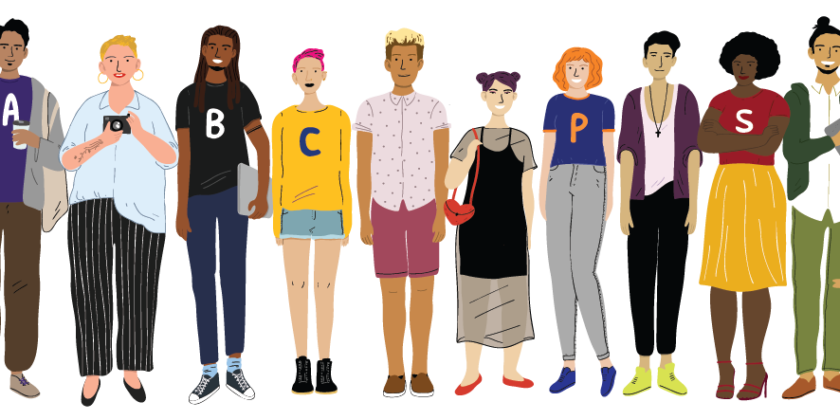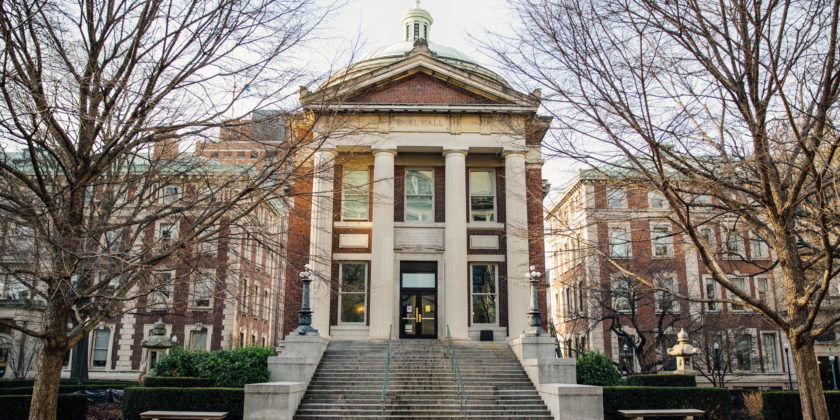As part of your college application, extracurricular activities—including those over the summer— help demonstrate your intellectual curiosity and commitment to an area of study (typically, the one you might pursue in college). Some programs, however, are not purely academic, like those geared toward leadership development. The following programs are some of our favorites for students interested in developing their leadership skills (and so much more!).
Please keep in mind that “programs” are not the only way to explore academic interests. In fact, many colleges like to see students go beyond canned programming (ask us about this directly). You can join clubs at your school or locally, take free online classes via edX and Coursera, shadow, or intern (aka volunteer for most students)—there are tons of options ranging from super formal (and pricey) to those as simple as reading in your free time.
Bank of America Student Leaders Program
Student Leaders participate in an eight-week paid internship at a local nonprofit organization where you learn first-hand about the needs of the community and the critical role nonprofits play. In addition, you will learn valuable civic, social and business leadership skills. Each Student Leader will attend the Student Leaders Summit held in Washington, D.C. where you will learn how government, business and the nonprofit sector work together to address critical community needs. Note: in-person events will be in line with local and national guidelines around gatherings and travel and may be subject to change.
The LEAP Young Adult Leadership Program
LEAP Week is a highly-immersive week-long leadership program for high school and college students held annually at the UCLA campus in Los Angeles, California. Each year, 400 students from around the globe travel to attend LEAP Week, a full week dedicated to helping young adults uncover the “real-life” skills needed to achieve great success. Another major focus of LEAPweek is developing young adults’ networking skills. Especially in this modern age of social media, most teens already have strong networking capabilities, they just need some guidance to maximize these abilities. Networking will be tremendously important when you begin your career, and it also helps develop lasting friendships in every phase of life.
Notre Dame Leadership Seminars
Leadership Seminars is for current high school juniors who are academically gifted leaders in their school, church, local community, or other social organizations. Students participate in one of three seminars (sample topic: Global Issues: Violence and Peace in the Modern Age). Around 90 students are admitted each year—usually ranking in the top 10 percent of their class—and are eligible to receive one college credit.
Annual Camp Pride Summer Leadership Academy
Camp Pride is the premiere national training program for social justice and grassroots activism for LGBTQ and ally young adults on college campuses.
*Stay in the know! Subscribe*









